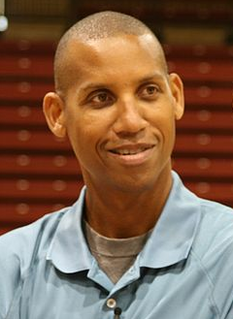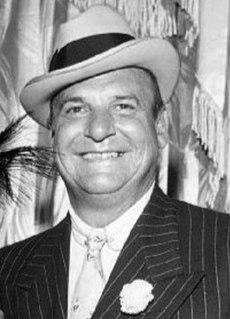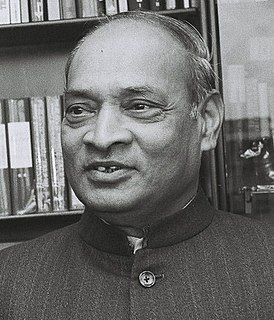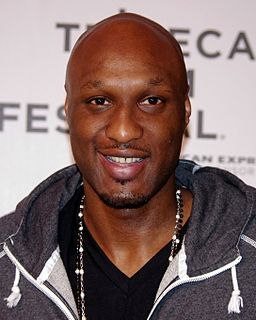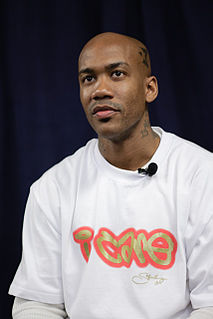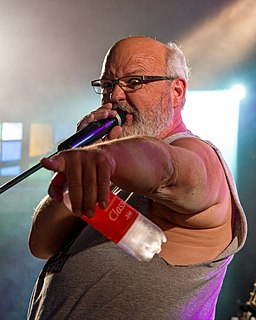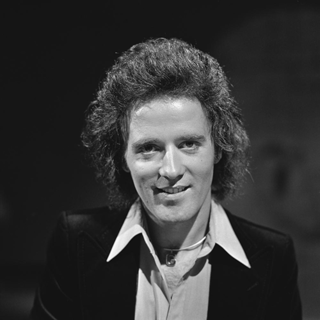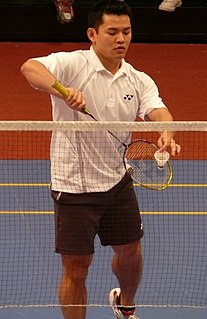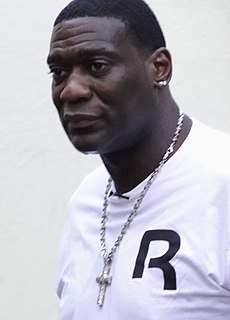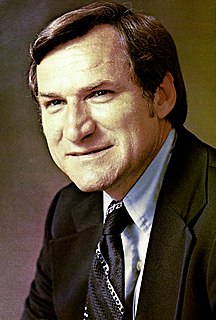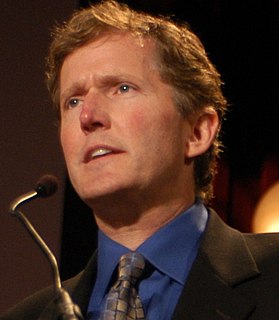Top 1200 Court Decision Quotes & Sayings - Page 16
Explore popular Court Decision quotes.
Last updated on December 19, 2024.
TECHNICALITY, n. In an English court a man named Home was tried for slander in having accused his neighbor of murder. His exact words were: "Sir Thomas Holt hath taken a cleaver and stricken his cook upon the head, so that one side of the head fell upon one shoulder and the other side upon the other shoulder." The defendant was acquitted by instruction of the court, the learned judges holding that the words did not charge murder, for they did not affirm the death of the cook, that being only an inference.
After the survivor of the Spanish conquest has told his life's story he is convicted by the Inquisition: He posted no brief in defense or mitigation of his offenses, and when he was most solemnly advised by the Court President of the dire consequences he faced if found guilty, Juan Damasceno volunteered only one comment: "It will mean I do not go to the Christian heaven?" He was told that that would indeed be the worst of his punishments: that he would most assuredly not go to Heaven. At which, his smile sent a thrill of horror through every soul of the Court.
One very difficult decision was deciding to vote against the appropriations bill for the war. I had consistently said that I wanted to make sure our troops got the adequate and training in the war effort, despite the fact that I opposed the war at the point that the president decided to double down and send more troops. I had to vote against funding as a way of bringing it back to the table. That was a difficult decision for me.
The most fundamental decision we all face over the course of our lives is what we will recognize as the ultimate reality, the uncaused source and cause of our existence. Everything else in our worldview depends on that initial decision. The Bible speaks of this foundational choice in terms of who or what we worship. We must all answer the challenge Joshua issued to the Israelites as they were poised to enter the Promised Land: "Choose this day whom you will serve" (Josh. 24:15).
Increasingly, our leaders must deal with dangers that threaten the entire world, where an understanding of those dangers and the possible solutions depends on a good grasp of science. The ozone layer, the greenhouse effect, acid rain, questions of diet and heredity. All require scientific literacy. Can Americans choose the proper leaders and support the proper programs if they themselves are scientifically illiterate? The whole premise of democracy is that it is safe to leave important questions to the court of public opinion - but is it safe to leave them to the court of public ignorance?
In our country, [habeas corpus ] means that if you've been sentenced and convicted in a state court, either to death or to some other kind of sentence, you have the right to petition a federal court to review what happened to you. And until [Bill] Clinton, you had three, four, five, even more years I collect records of people who have been on death row for eight, 10, 12, 14 years - this is before Clinton - who finally got a decent lawyer, usually a pro bono lawyer, and an investigator, and were able to find out - they - they're but approved that they're - that they were innocent.
The people have only a very vague direct power. They have the power of voting against the administration, again after its decisions have been taken; but they have no way of getting into the question of policy-making, decision-making, except insofar as the vague forces and pressures of public debate and public opinion have their impact on the President. The President still has to decide. He can't go to the people and ask them to decide for him; he has to make the decision. In that sense he was condemned to be a dictator.
For in a government of laws and not of men, no man, however prominent or powerful, and no mob however unruly or boisterous, is entitled to defy a court of law. If this country should ever reach the point where any man or group of men by force or threat of force could long defy the commands of our court and our Constitution, then no law would stand free from doubt, no judge would be sure of his writ, and no citizen would be safe from his neighbors.
Decision-making is difficult because, by its nature, it involves uncertainty. If there was no uncertainty, decisions would be easy! The uncertainty exists because we don't know the future, we don't know if the decision we make will lead to the best possible outcome. Cognitive science has taught us that relying on our gut or intuition often leads to bad decisions, particularly in cases where statistical information is available. Our guts and our brains didn't evolve to deal with probabilistic thinking.
There is a time in our lives, usually in mid-life, when a woman has to make a decision - possibly the most important psychic decision of her future life - and that is, whether to be bitter or not. Women often come to this in their late thirties or early forties. They are at the point where they are full up to their ears with everything and they've "had it" and "the last straw has broken the camel's back" and they're "pissed off and pooped out." Their dreams of their twenties may be lying in a crumple. There may be broken hearts, broken marriages, broken promises.
Any individual decisions can be badly thought through, and yet be successful, or exceedingly well thought through, but be unsuccessful, because the recognized possibility of failure in fact occurs. But over time, more thoughtful decision-making will lead to better overall results, and more thoughtful decision-making can be encouraged by evaluating decisions on how well they were made rather than on outcome.
After announcing that the 2000 season would be his last before retirement: Last winter I made the decision to coach for only one more season. I have been wrestling with the timing of announcing that decision. After seeing the outstanding attitude and work ethic of this team, I came to the conclusion that it's best to get the announcement out of the way now so we can focus on the season and avoid the repeated distractions that come from questions about my retirement.
Outside of the marriage context, can you think of any other rational basis, reason, for a state using sexual orientation as a factor in denying homosexuals benefits or imposing burdens on them? Is there any other rational decision-making that the government could make? Denying them a job, not granting them benefits of some sort, any other decision?
One of the thing about being President - that can't be taught, you have to experience, is - there is the sheer weight of decision making. And when I make a decision to send 17,000 young Americans to Afghanistan - you can understand that intellectually. But understanding what that means for those families, for those young people - when you end up sitting at your desk, signing - a condolence letter to one of the family members of a fallen hero - you're reminded each and every day, at every moment, that - the decisions you make count.
If you go out eight times and play tennis eight times this week, yeah, it's the same rules, but it's a different game every time you're out on that court. You're working on a different part of your game every time you're out on that court; your partner's working on a different part of their game, and the act of being watched changes it.
Make this decision today. Will you be a good and honest writer, or would you rather be famous, loved, noticed? Tell me, because there are different paths for these two divergent goals. The decision to be a true artist is lonelier and slower, but it will lead to better work and, I think, a better life. Very rarely you will be a good and honest writer and also know a little comfort and some attention and the well wishes of a crowd. This is very rare.
There were timelines branching and branching, a mega-universe of universes, millions more every minute. Billions? Trillions? The universe split every time someone made a decision. Split, so that every decision ever made could go both ways. Every choice made by every man, woman, and child was reversed in the universe next door.
It is often by a trivial, even an anecdotal decision, that we direct our activities into a certain channel, and thus determine which of the potential expressions of our individuality become manifest. Usually we know nothing of the ultimate orientation or of the outlet toward which we travel, and the stream sweeps us to a formula of life from which there is no returning. Every decision is like a murder, and our march forward is over the stillborn bodies of all our possible selves that will never be.
As proof of this statement, consider this question: Have the people ever been known to rise against the Court of Appeals, or mob a Justice of the Peace, in order to get higher wages, free credit, tools of production, favorable tariffs, or government-created jobs? Everyone knows perfectly well that such matters are not within the jurisdiction of the Court of Appeals or a Justice of the Peace. And if government were limited to its proper functions, everyone would soon learn that these matters are not within the jurisdiction of the law itself.
I can't say that I was my happiest on court, but I felt completely free. Free from family obligations, free from my own torment. In a real sense I was a different person. It was a place where I could not tolerate the idea of being beaten. I psyched myself up into a state where I felt something close to hatred towards my opponent, a state where I detested the idea of someone making his name at the expense of Jimmy Connors. I was in my element on court, measuring myself against someone else. I was not competitive for show. It came from deep within.
The President must be true to his word. He must keep his faith with the folks who elected him twice. In other words, he must replace Sandra Day O'Connor with a strict constructionist. The president has a God-given opportunity to change the balance on the Supreme Court. On issue after issue—abortion, sodomy, public display of the Ten Commandments—O'Connor has sided with the court's liberal bloc. Time and again, Justice O'Connor and her colleagues have used the Constitution as an excuse to force weird social experiments on the nation.
Your decision to place your law enforcement resources in these communities is racism, but nobody has called people out on this. The law itself is not racist. But people's decision about where we're going to place our efforts, who we're going to prosecute, who we're not going to prosecute, is racism. And nobody's calling them on it.
I don't think you ever want to be too settled, because once you become settled, you lose a lot of your drive. I mean, I am settled off the court; the business side of things, the papers, contracts and all of that, but there are a lot things that I need to work on, on the court, like my free-throw shooting, which has been terrible. I need to work on being more demanding in the post. My teammates are going to come to me and I just need to go out there and score in the post, which will open up things for our guards.


















